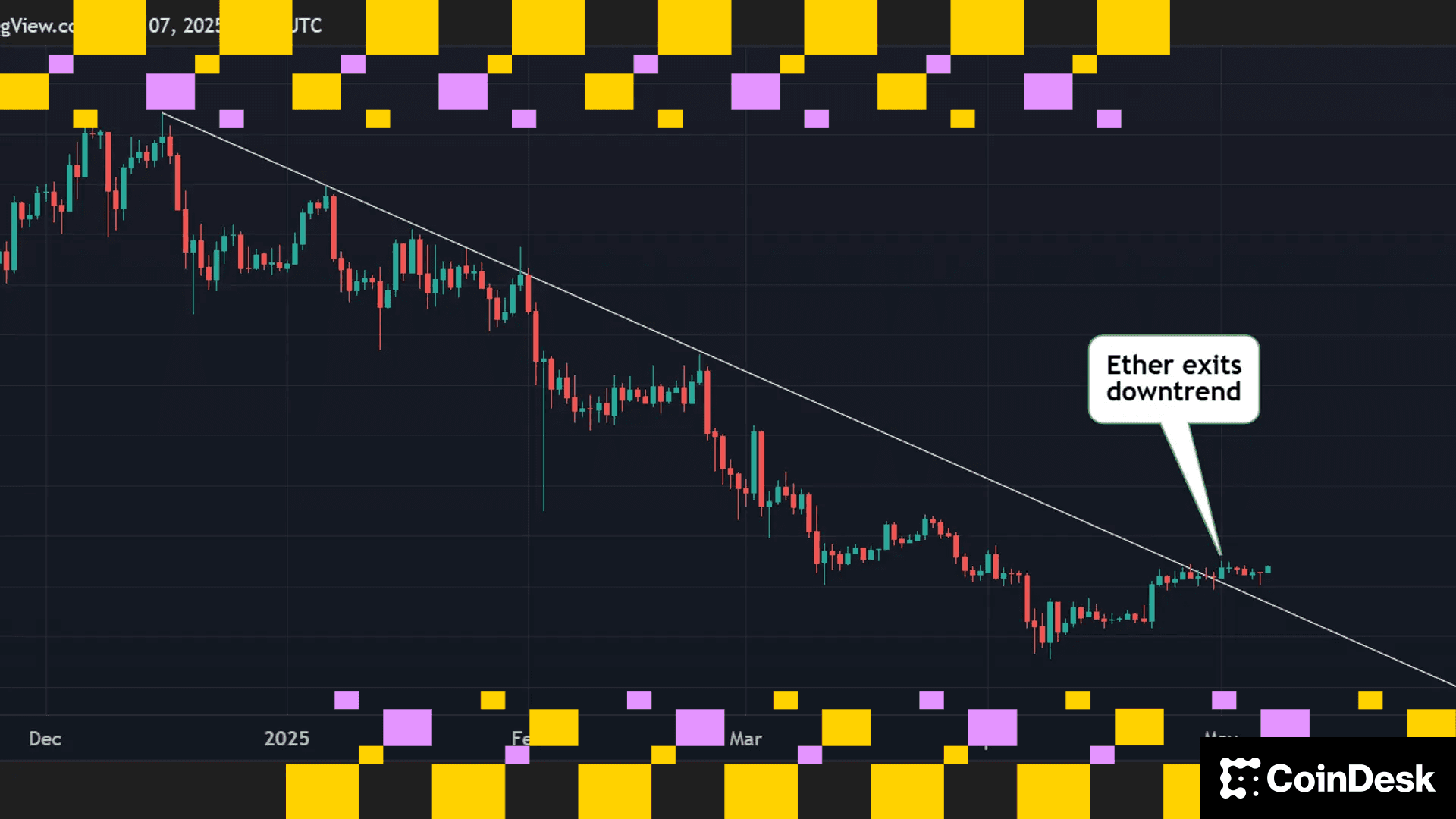Former Ripple Execs to Launch Micropayments Platform to Tackle Transaction Fees
The pingNpay platform will use local currency-backed stablecoins to power microtransactions at a fraction of the cost of typical debit card-based payments.

Two former executives from global payments company Ripple are planning to launch a micropayments network next year.
The startup, which has moved out of stealth mode, aims to give customers the ability to conduct low-value payments ($20 or less) by significantly reducing fees associated with such transactions.
Jeremy Light, former vice president of strategic accounts at Ripple, and Richard Bell, a former senior director at the payments network, founded pingNpay on the belief the network will be a good fit for Web 3.0 infrastructure and ecosystems.
“No one has yet to crack the sub-$20 digital payment market,” Bell said. “The major card networks can process tens of thousands of payments per second, but even so, the cheapest debit card payments cost retailers at least 20p (US$0.33) per payment, which represents 20% of a £1 (US$ 1.38) payment.”
Customers will be able to pay for services and products offline, including food and beverages, while also being able to pay for online products, including subscriptions, according to a press release on Sunday.
Specifically, pingNpay will cap transaction fees at 1% of the assessed value of each transaction. The fees will be distributed among software providers for digital wallets as well as wallet providers that issue the wallets to users.
Fees will be paid in real time at point of transaction and will be borne by the payer unless it’s a consumer-to-business transactions, in which case the receiver pays, according to the release.
According to the startup’s website, pingNpay is targeting the fourth quarter of this year to have its core technology “up and running” with plans to launch first in the U.K. by 2022. It will use a stablecoin backed by the British pound. Other countries are expected to follow in “quick succession,” with their own local currency-pegged stablecoins.
The stablecoins to follow in each country of operation will be “100% backed” by liquid fiat assets and will feature a published proof of reserve to meet regulatory requirements, the company said.
Больше для вас
Exchange Review - March 2025

CoinDesk Data's monthly Exchange Review captures the key developments within the cryptocurrency exchange market. The report includes analyses that relate to exchange volumes, crypto derivatives trading, market segmentation by fees, fiat trading, and more.
Что нужно знать:
Trading activity softened in March as market uncertainty grew amid escalating tariff tensions between the U.S. and global trading partners. Centralized exchanges recorded their lowest combined trading volume since October, declining 6.24% to $6.79tn. This marked the third consecutive monthly decline across both market segments, with spot trading volume falling 14.1% to $1.98tn and derivatives trading slipping 2.56% to $4.81tn.
- Trading Volumes Decline for Third Consecutive Month: Combined spot and derivatives trading volume on centralized exchanges fell by 6.24% to $6.79tn in March 2025, reaching the lowest level since October. Both spot and derivatives markets recorded their third consecutive monthly decline, falling 14.1% and 2.56% to $1.98tn and $4.81tn respectively.
- Institutional Crypto Trading Volume on CME Falls 23.5%: In March, total derivatives trading volume on the CME exchange fell by 23.5% to $175bn, the lowest monthly volume since October 2024. CME's market share among derivatives exchanges dropped from 4.63% to 3.64%, suggesting declining institutional interest amid current macroeconomic conditions.
- Bybit Spot Market Share Slides in March: Spot trading volume on Bybit fell by 52.1% to $81.1bn in March, coinciding with decreased trading activity following the hack of the exchange's cold wallets in February. Bybit's spot market share dropped from 7.35% to 4.10%, its lowest since July 2023.
Больше для вас












